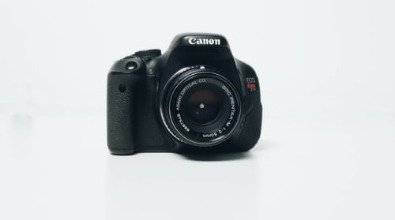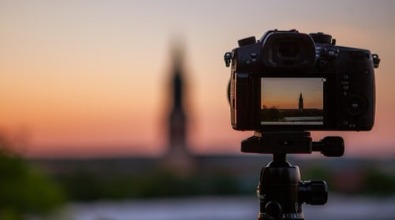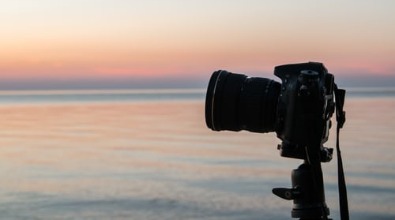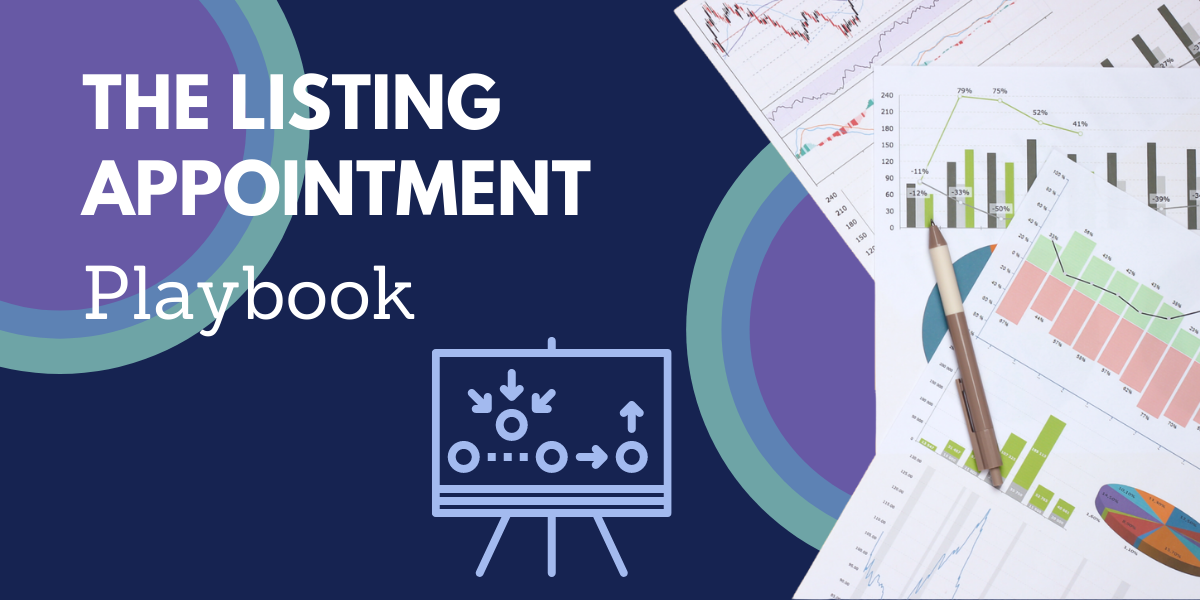Many Hats: Tips for Becoming a Real Estate Photographer
By Luke Smith

Taking professional-quality photos isn't as simple as pointing and shooting. Whether you're a budding photographer looking to make this your niche or a dedicated real estate agent looking to expand your skill set, you're going to need some pointers on getting started. That's where this guide comes in. Read on and find out what you'll need to become a real estate photographer.
The Tools of the Trade
Even if you're a complete novice when it comes to photography, you probably know that you're going to need a decent camera if you want to take shots that stand out.
You won't need a top-of-the-line $6,000 DSLR with a full suite of lenses to be effective, but you should still be prepared to spend a decent amount for the right tools (and have the knowledge to evaluate your options). Here's what you'll need to start:
Camera Body
Don't feel like you need to break the bank in getting a camera body, as you'll also want to save some of your budget for lenses and accessories. Entry or mid-tier DSLRs, such as the Nikon Z6 or the Canon 6D, will do the trick when you're getting started.

Lenses
Lenses are just as critical as your camera body, and when it comes to real estate photography, you’ll at the very least want to have a wide-angle lens in your arsenal. These will allow you to capture the entirety of a property from the outside, and make interior shots feel more immersive to interested homebuyers.
Wide-angle lenses can get pricey, though, so if you’re trying to stay budget-conscious, start by checking out mid-range options like the Meike 16mm T2.2 or the Sigma 10-20mm f/3.5.
Accessories
With your camera and lenses secured, you’ll now need to find the right accessories to ensure you’re prepared for whatever photography scenario you’ll encounter. For your starting kit, you should make sure you have a good tripod, a camera sling, and some basic interior lights to help make your photos “pop†when needed.
Software
With photography, almost everything is digital nowadays, so you’ll need to make sure you have the right software to process your shots. Adobe Lightroom and Photoshop are the most obvious choices, but novice photographers on a budget might also want to look at open-source competitors like GIMP and Darktable (since they’re free).

Tips for Taking Photos
Congratulations, you have your camera gear. Now you’re probably wondering how you’re supposed to use it. Every photographer has to develop their own style, but there are also genuine technical elements to taking proper photographs.
When it comes to picking up the basics of taking and editing photographs, you might want to consider some online training classes. With the right courses, you can learn about how you’re supposed to operate that fancy camera, gain a grasp of photography terminology, and start developing your talent for manipulating images with software.
As for specific pointers on taking real estate shots, you should keep the following in mind:
Preparation is Important
If you’re expecting to show up to the scene last minute and effortlessly capture a ton of great shots, prepare to be disappointed. Above all else, great real estate photography requires careful planning. This starts with staking out the property you intend to shoot.
You should do a walkthrough to get a feeling for the rooms and what sort of shots would work best. You’ll also want to take the time to stage rooms the way you’d like them to appear and thoroughly declutter the home so that there are no distracting elements in your photos.
Included in your preparations should be a meticulous gear check. You’ll want to make sure that your camera and lenses are functioning properly before you head to the shoot. Also, make sure your memory card has space to capture images and your batteries are fully charged so that you can make it through the shoot without interruption.
Technical Choices Matter
You’ll want to bring all your technical knowledge to bear so that you can capture the best photos possible. If nothing else, remember that real estate photos should almost always be bright and well-lit.

Natural light is one of the most effective ways to achieve this (so keep those blinds open), but you should also keep your flash and interior lighting handy just in case you need a supplement in low-light conditions.
Don’t Ignore the Business Aspects
Becoming a real estate photographer is about more than just taking pictures. You’ll also want to hone your skills on the business side of this equation as well. Tips for getting started include honing your interpersonal skills, learning how to market through social media, and creating a polished portfolio that shows off your best work.
Wrapping Up
Great photos are critical when selling a home, so real estate photography is a field with constant demand and amazing opportunities.
You’ll want to make sure you’re prepared before you jump into the fray, so make sure to arm yourself with the right camera gear, learn the basics of taking photos, and market your services wherever you can so that you can start building your photography empire.
